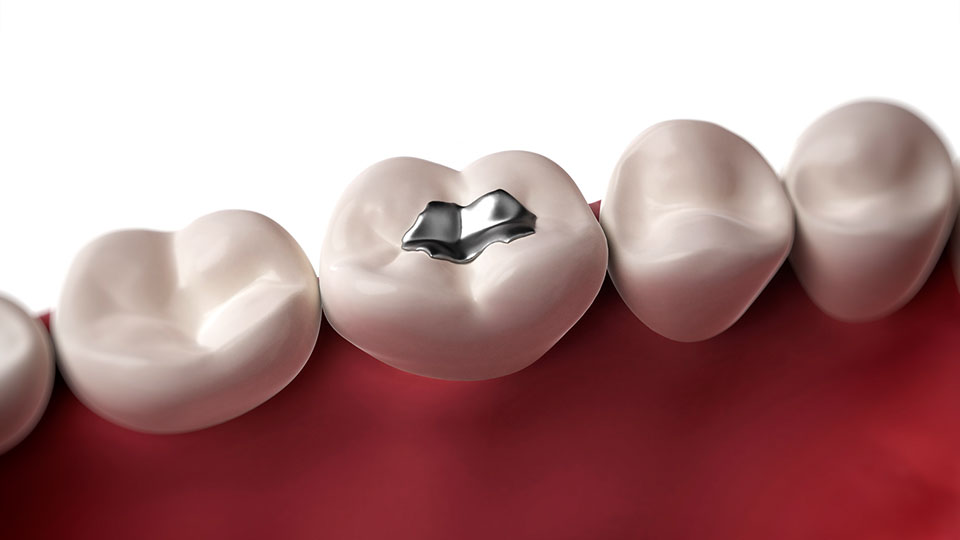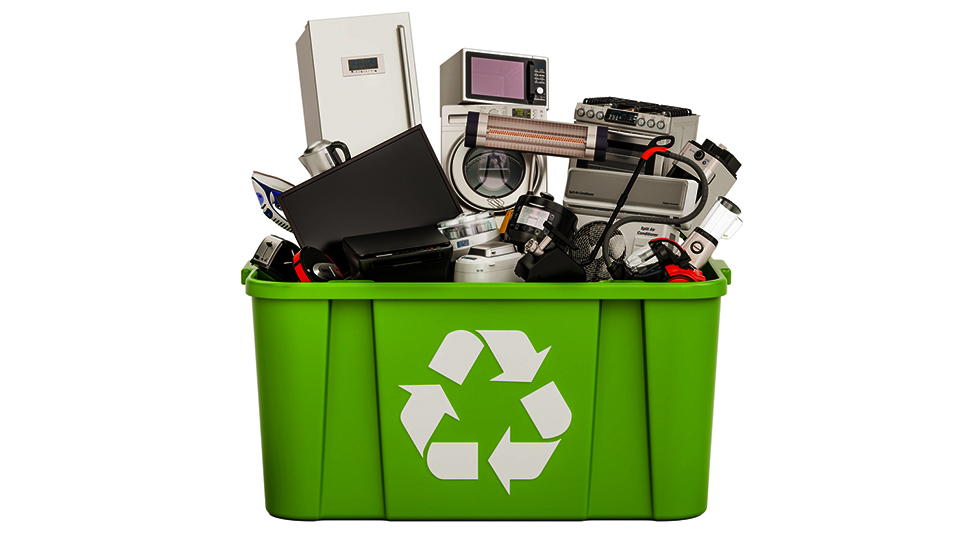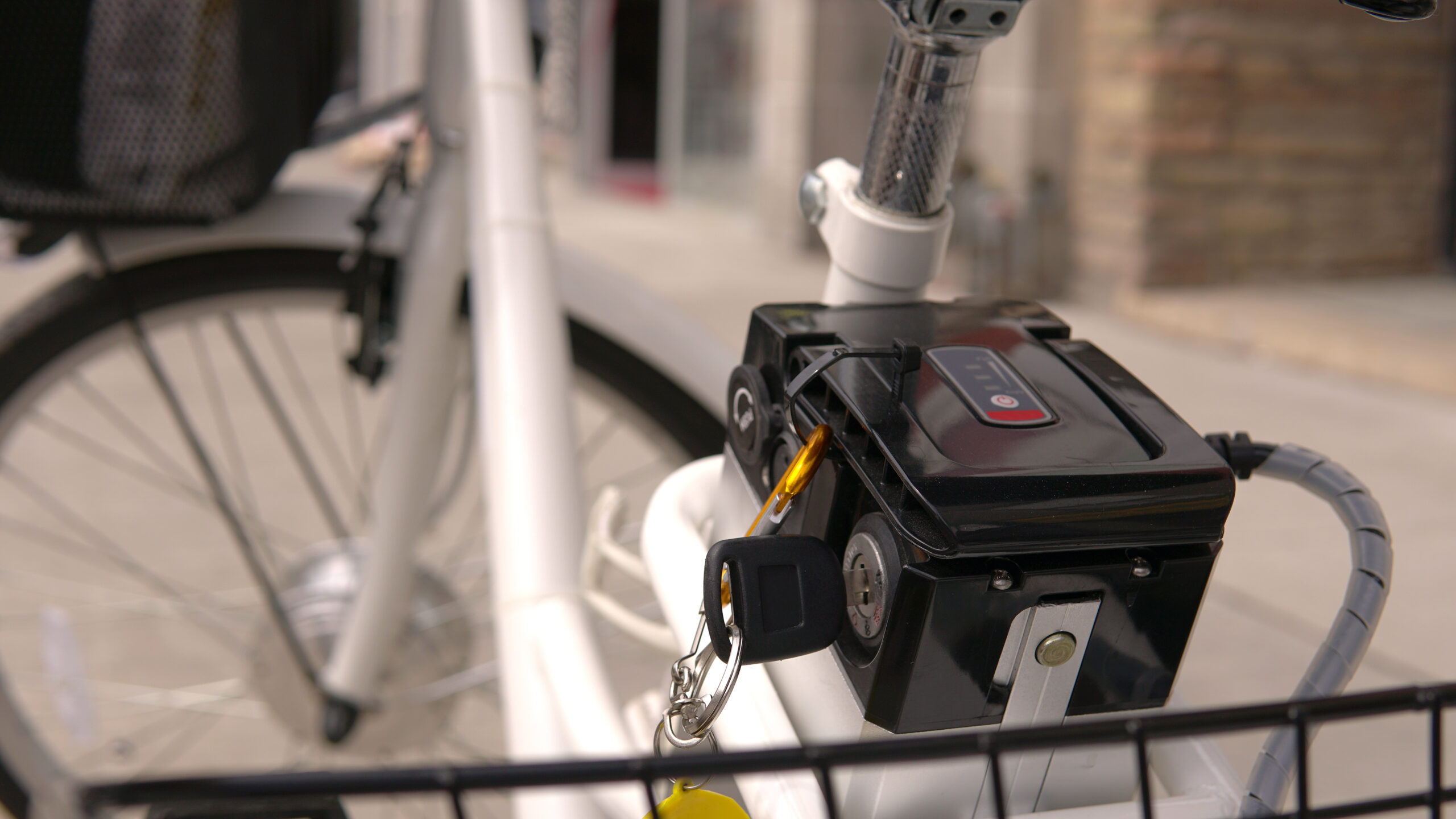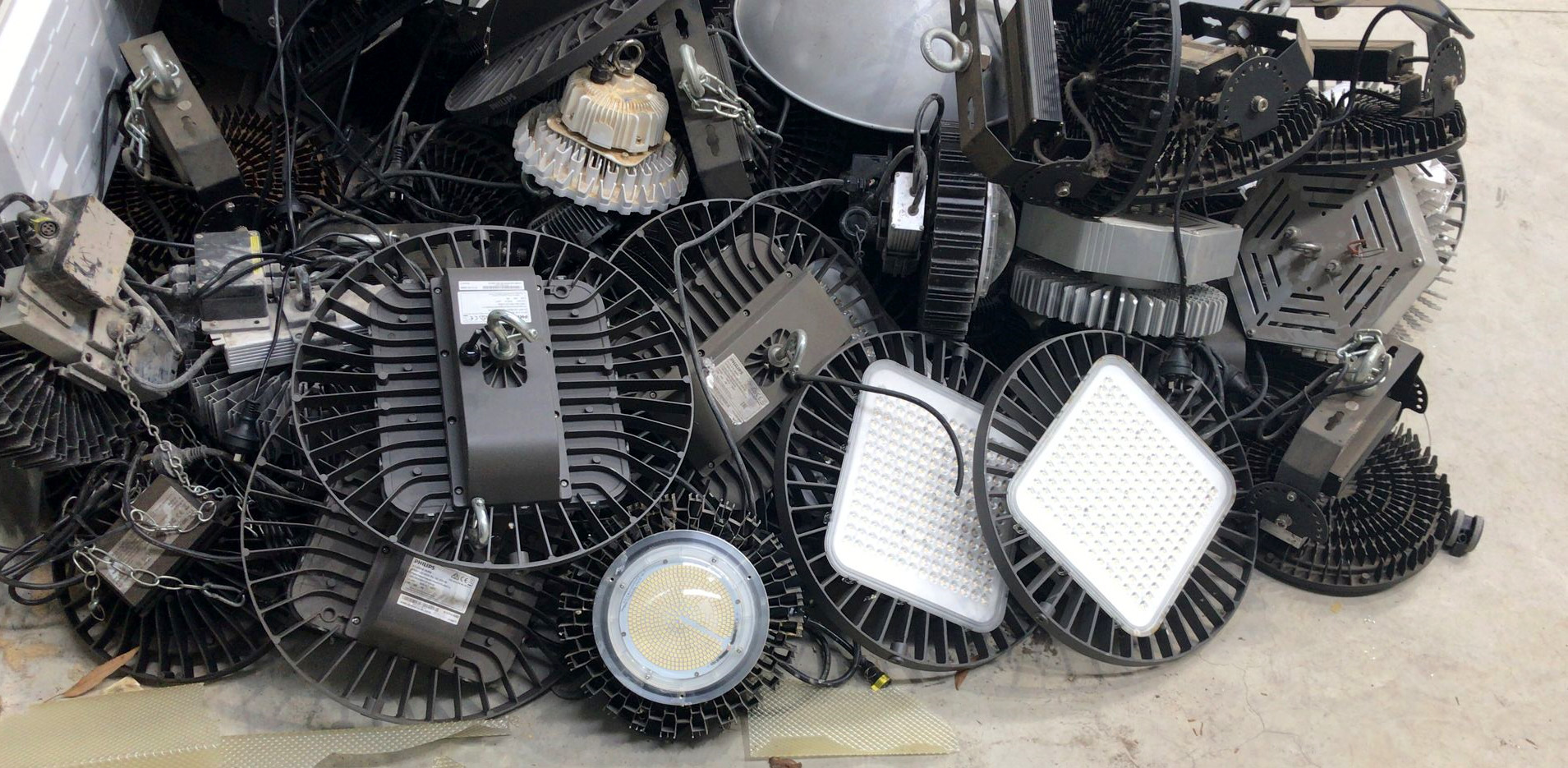What happens to your data when you discard your old mobile phone, tablet, laptop, desktop computer or memory card?
With identity theft a major and growing problem it’s a question we all need to answer before deciding on a disposal method for any item that holds data.
And remember, it isn’t enough just to delete files from computers and devices. With appropriate software these files can be recovered.
As long as your old computers and phones remain intact, there’s a risk that your precious information could fall into the wrong hands.
Normally ‘reuse’ should come before ‘recycle’ in the waste hierarchy, but our view is that protecting our clients’ personal information takes precedence.
That’s why, unlike some e-waste recyclers who ‘wipe’ hard drives and on-sell the computers, Ecocycle gets physical when it comes to protecting your data.
Data destruction
The first thing we do with computers sent to us for recycling is to remove the hard drives and feed them into the jaws of our chomping machine.
One chomp and the hard drive is cut clean in half. It’s game over for anyone wanting to take a sneaky peek at your information.
The same applies to phones, tablets and memory cards. And once the data security issue is taken care of, all materials are then recycled through our usual processes.
Need proof of destruction? No problem.
We can provide recycling certificates for all of the types of waste we process, including computers, phones and other information-containing devices.
Be secure
Want to ensure the safe destruction of your personal or corporate information as well as responsibly recycling of your e-waste?
Give us a call on 1300 32 62 92 or fill out the form below. We’ll be happy to explain what our great green chomping machine can do for you.






